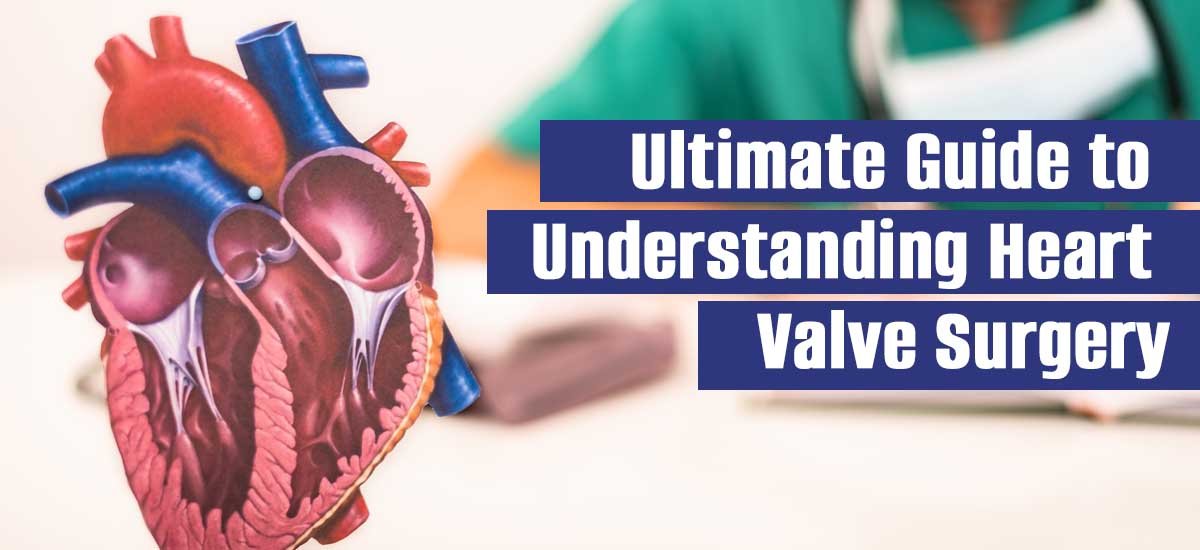Ultimate Guide to Understanding Heart Valve Surgery
Home - Bog - Ultimate Guide to Understanding Heart Valve Surgery

Ultimate Guide to Understanding Heart Valve Surgery
Heart valve surgery is a life-saving procedure that helps restore normal blood flow through the heart, ensuring a healthier and more active life. Whether you're facing valve repair or replacement, understanding the process can ease concerns and empower you to make informed decisions. Here’s everything you need to know about heart valve surgery.
What is Heart Valve Surgery?
Heart valve surgery is performed to repair or replace damaged heart valves that control blood flow through the heart chambers. The procedure is crucial for treating conditions like stenosis (narrowing of valves) or regurgitation (leaking valves) that can lead to heart failure if left untreated.
Types of Heart Valve Surgery
- ✅ Valve Repair – This technique preserves the patient’s own valve and is often performed for mitral or tricuspid valve defects.
- ✅ VValve Replacement – In cases where repair isn’t possible, surgeons replace the damaged valve with a mechanical or biological (tissue) valve.
- ✅ VMinimally Invasive Valve Surgery – Advanced techniques now allow for smaller incisions, reducing recovery time and complications.
- ✅ VTranscatheter Aortic Valve Replacement (TAVR) – A catheter-based approach used primarily for high-risk patients needing aortic valve replacement.
Who Needs Heart Valve Surgery?
Patients diagnosed with severe valve disease, experiencing symptoms such as shortness of breath, fatigue, chest pain, or fainting, may require surgery. Early detection through echocardiograms and other diagnostic tools can help determine the need for intervention.
The Surgical Process ⚕️
- ✅ Pre-Surgery Preparation 📝: Patients undergo medical evaluations, imaging tests, and discussions with their cardiac surgeon to determine the best approach.
- ✅ During Surgery 🏗️: The procedure may be performed using open-heart surgery or minimally invasive techniques, depending on the condition and surgeon’s recommendation.
- ✅ Post-Surgery Recovery 🌱: Pecovery varies based on the type of surgery but often involves a hospital stay of a few days, followed by cardiac rehabilitation.
Risks and Benefits of Heart Valve Surgery ⚖️
- Benefits ✅: Restores normal heart function, reduces symptoms, improves quality of life, and increases life expectancy.
- Risks ⚠️: Infection, blood clots, valve failure, and potential need for future surgeries. However, advancements in technology have significantly reduced these risks.
Life After Heart Valve Surgery 🏃♂️
Patients are encouraged to maintain a heart-healthy lifestyle post-surgery. This includes regular follow-ups, a balanced diet, prescribed medications, and moderate exercise to ensure optimal heart function.
Understanding heart valve surgery can be overwhelming, but with the right guidance, patients can navigate their treatment with confidence. If you or a loved one is considering heart valve surgery, consult Dr. Ganesh Shivnani, a renowned cardiac surgeon specializing in advanced heart valve procedures, ensuring the best possible care and outcomes.
